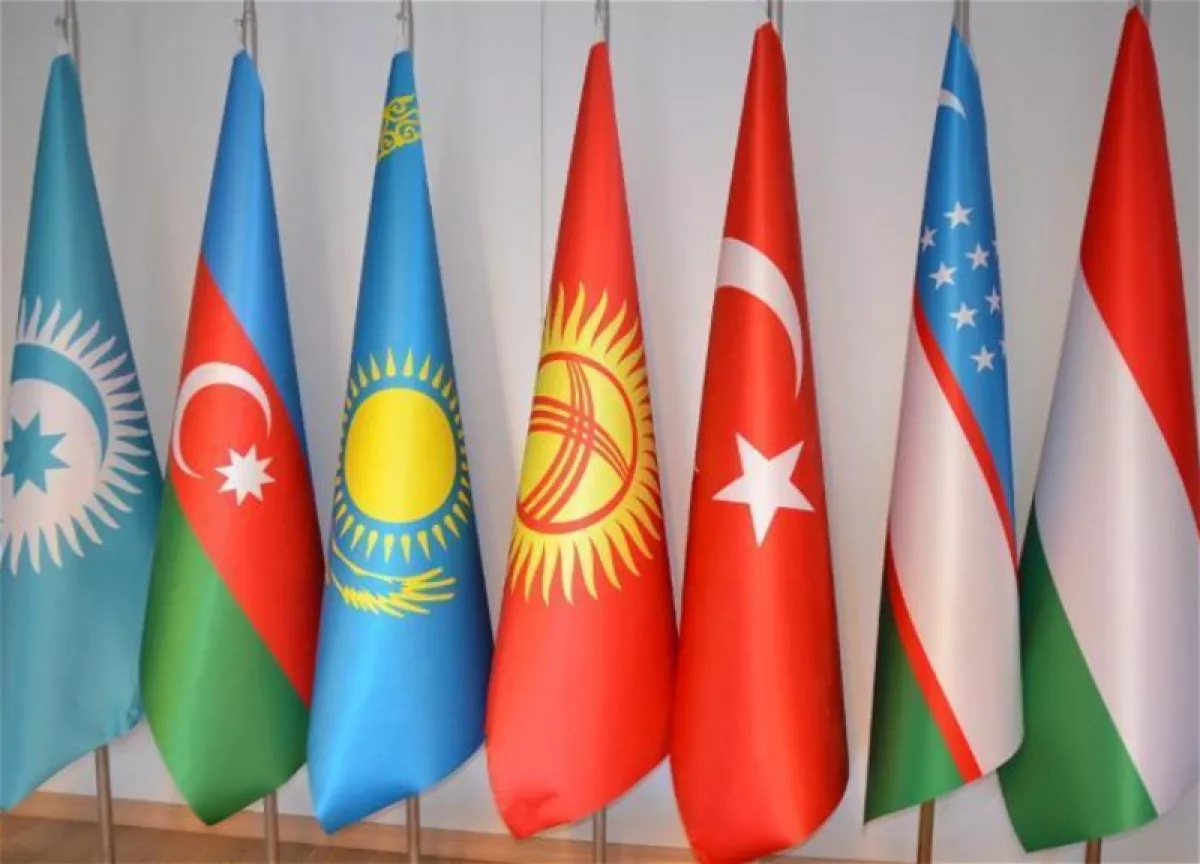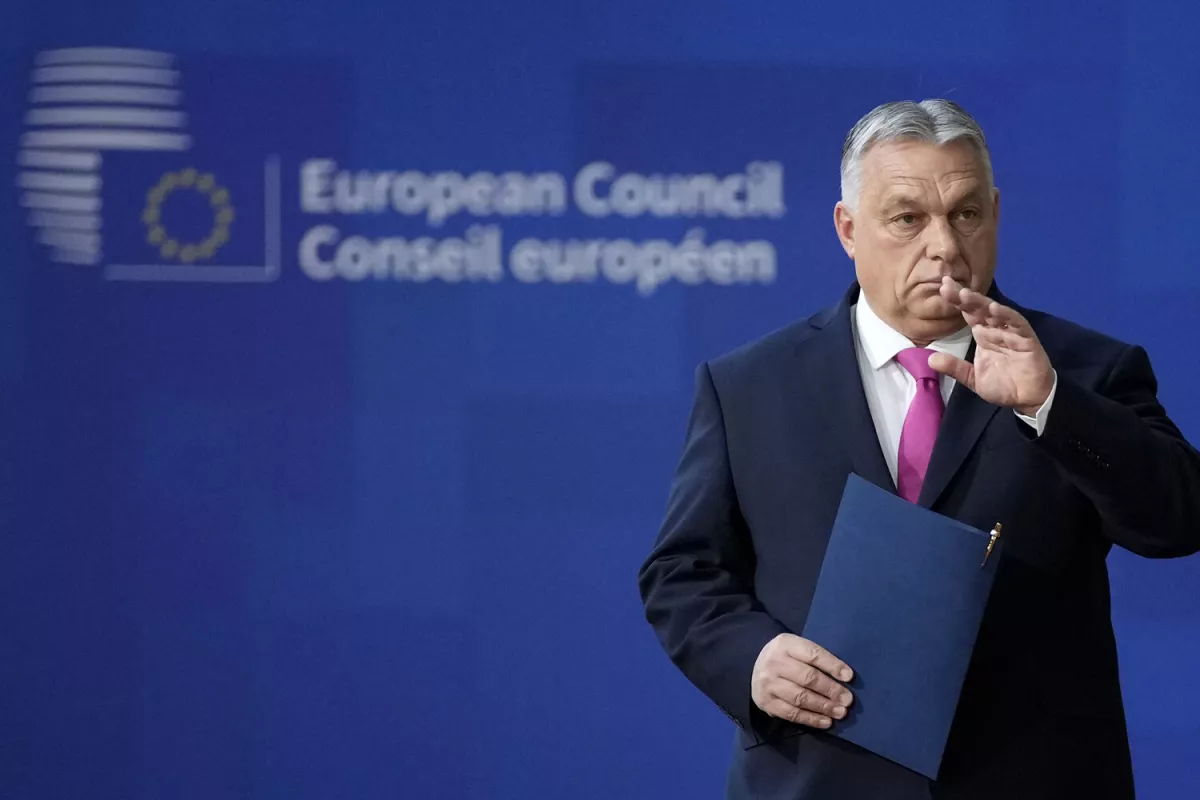EU outraged as Hungary stands firm Orban is breaking Brussels’ game
Hungary is one of the few countries in the European Union that pursues an independent foreign policy, guided primarily by its national interests and state priorities, while disregarding the commonly accepted standards of the much-criticised European politics. A clear example of this is the Hungarian parliament’s vote to withdraw the country from the International Criminal Court. The bill was supported by 134 deputies, while 37 parliamentarians voted against it. The document states that Hungary “firmly rejects the use of international organisations — in particular, criminal courts — as instruments of political influence.”
Meanwhile, Hungary’s Foreign Minister Péter Szijjártó stated that the next step will be an official notification to the UN Secretary-General, and noted that the relevant document has already been prepared and will be sent immediately after the parliamentary decision comes into effect and is signed by the president.
Particular attention is drawn to the fact that the decision of the Hungarian parliament to withdraw from the ICC was made on the eve of the informal summit of the Council of Heads of State of the Organisation of Turkic States (OTS), which is being held in the Hungarian capital today, May 21.
The OTS unites Azerbaijan, Kazakhstan, Kyrgyzstan, Türkiye, and Uzbekistan, while Hungary, Turkmenistan, and the Turkish Republic of Northern Cyprus participate as observers. Today’s summit, themed “Meeting Point of East and West,” reflects both the geopolitical position of the host country — Hungary — and the Turkic states’ aspiration to strengthen dialogue between different civilisational spheres.

On the eve of the informal summit, Azerbaijani President Ilham Aliyev arrived in Hungary on a working visit at the invitation of Prime Minister Viktor Orban, during which he joined the summit. It should be emphasised that the personal contacts between the leaders of the two countries and the independent course pursued by Ilham Aliyev and Viktor Orban serve to further strengthen Azerbaijani-Hungarian ties on the vast European continent.
It is no coincidence that in June 2024, at a meeting with the chairpersons of the parliaments of the TURKPA member states, Ilham Aliyev stated: “Hungary is our number one partner in the European Union, and in some cases, when certain unfounded accusations are leveled against Azerbaijan, Hungary is the first to come to our defense. I am also aware that Hungary is also facing pressure from some European countries because of this. However, Hungary's principled position, the fact that it is on the side of right and justice and respects international law greatly enhances its international reputation.”
Hungary’s rapprochement with the Turkic states is causing irritation within the EU and creating additional problems for Budapest. This became especially evident after Viktor Orban’s participation in the informal summit of the Organisation of Turkic States (OTS) in Azerbaijan in July 2024. At that time, the European Union’s High Representative for Foreign Affairs and Security Policy, Josep Borrell, expressed dissatisfaction and stated that the Hungarian leader’s participation in the summit in Shusha was exclusively within the framework of bilateral relations between Hungary and the organisation, and that Hungary had not received any mandate from the EU to advance relations with the OTS.
However, none of this has affected the friendly ties between Hungary and the Turkic world in general, and Azerbaijan in particular.

Budapest continued its stance on blocking anti-Azerbaijani actions within EU institutions (primarily in the European Parliament). In October 2024, Hungary condemned the irresponsible and one-sided European Parliament resolution RC-B10-0133/2024, which called for reducing diplomatic channels with Baku and suspending the “Memorandum of Understanding on Strategic Partnership in the Energy Sector” signed between Azerbaijan and the EU in 2022.
At that time, Hungary’s State Secretary for Security Policy and Energy Security at the Ministry of Foreign Affairs, Péter Sztáray, stated: “Hungary emphasises that the European Union must maintain a constructive and balanced approach towards both Azerbaijan and Armenia. Condemning Baku could negatively affect the EU’s role as a mediator between Azerbaijan and Armenia, and hinder efforts for peaceful conflict resolution.”
This was a clear message from the Hungarian government to the European community: the strategic partnership between Baku and Budapest is aimed at the long term, and there can be no alternative.
In April 2025, Hungary blocked the allocation of an additional 20 million euros in so-called “non-lethal” military aid to Armenia through the notorious European Peace Facility (EPF), which is officially intended to strengthen the defence capabilities of non-EU countries, prevent conflicts, and promote peace, but in practice has become a financial tool for creating hotspots of tension in the South Caucasus. By preventing these funds from reaching Armenia through the EPF, Budapest took a stand against the EU’s war policy and double standards. Thus, Hungary once again demonstrated that, like Azerbaijan, it stands for peace rather than war, which makes the two countries close strategic partners.
All of the above provides grounds to assert that Azerbaijan and Hungary, despite any external challenges, will adhere to a unified strategy in opposition to the interests of common adversaries aiming to create tension both in the South Caucasus region and worldwide.








